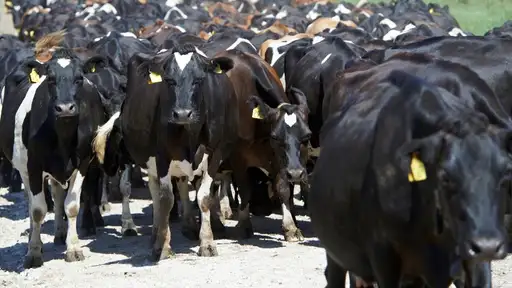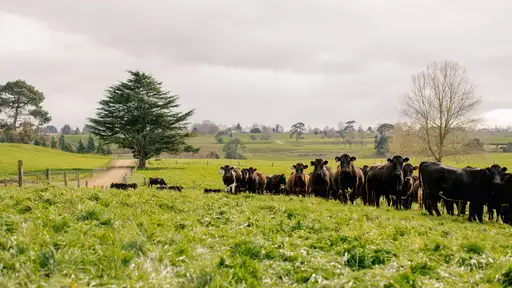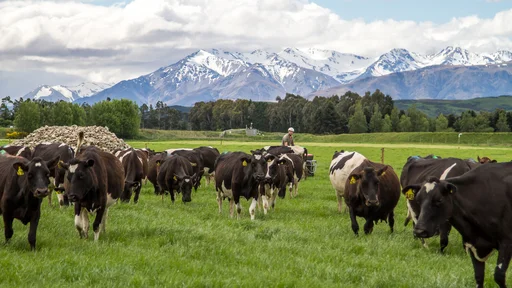Would you work for yourself? That is probably one of the hardest questions any employer can ask of themselves! It certainly can bring clarity and some truths to the surface.
New Zealand is operating in an economy where there is intense competition for good staff. Currently unemployment figures are less than 5%. As well as this, it is hard to find the right personnel fit for your farm when competing against other countries who have easier immigration policies currently.

So how do you become one of those employers who seems to always find and retain good staff?
The following points outline some of the steps which you can take to create an environment on farm which will keep staff in the long-term.
- Communicate a clear vision.
When employees understand what the big picture is and why things are done the way they are, this helps create understanding of purpose and buy-in. So, communicating to staff at the start of each season what the measurable goals are can create more invested and focused staff.
- Connect vision to daily tasks
If employees understand how the day-to-day tasks link to the goals for the season, then the everyday stuff will happen more consistently and fewer short-cuts get taken. These small steps help achieve the bigger vision/targets set out in point.
- Provide regular feedback and coaching
This is probably one of the easiest and most overlooked area of being a good boss. In the busyness of the days and weeks, we often don’t pause and make the most of those teachable moments that arise. We all desire feedback. New and younger staff have lots to learn and also need to learn how you like tasks done, which may be different from a previous boss. If they feel invested in, they will do the extras without prompting
- Make work fun
Many tasks can be repetitive and mundane. Look for ways to make these tasks more interesting and share these around staff so no-one gets stuck with shifting the effluent irrigator every day! Creating team social events can also build better teamwork and understanding outside of working hours
- Care for people
Workers are not machines, and we are all special snowflakes to some degree! By getting to know more about family needs and stresses, you can build better understanding amongst the team. This helps you also figure out what is most important for rewards and recognition. More money may not be a big driver, but flexible hours to attend kids’ school and sporting events might be highly valued. Can you involve staff in designing the rosters to account for the work demands of spring and then the quieter months of summer? Housing also falls into this category of valuing people. An employee in good warm, dry accommodation is going to be much happier and motivated than one who isn’t
- Development and training
Do you know what career goals your staff have? What training on-farm and off farm might they be interested in completing? Allowing paid time off farm for these courses and even paying for some of these once completed will not only benefit your employees, but will also benefit you with the new learned skills that they bring to the farm
- Team meetings and seasonal reviews
Hold regular team meetings that allow weekly plans to be made. This helps provide structure for the coming week, which many staff appreciate. In these meetings take time to review how a major piece of work went (like calving or mating), looking at what went well and what could be changed. Let all views and ideas be expressed. If you listen, you will find better ways you had not thought of!
If you want to evaluate yourself further, then google DairyNZ Good boss test. This questionnaire will highlight what areas you can improve on. Be even more daring and get your staff to fill it in!
Darren Sutton
FarmWise consultant – Waikato




